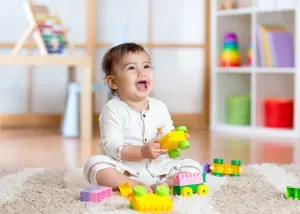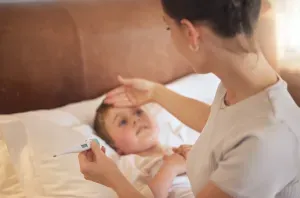HPV Vaccine: What Parents Should Know
Is your child beginning their “tween” years? You may have heard they will soon need the HPV vaccine. We encourage you to learn all you can about the HPV vaccine in our guide on what parents should know.
First, What Is It And What Does It Do?
HPV is a sexually transmitted infection. The HPV vaccine protects your child from the HPV virus known as the human papillomavirus. The CDC recommends it as a way to prevent cancer and other complications later in life.
HPV can cause cancers of the throat, cervix, vulva, vagina, penis, and anus. Studies show that the vaccine provides protection against infections.
Girls and boys between the ages of 9 and 12 should be given the vaccine which can prevent more than 90% of HPV cancers when they get older.
Timing Is Important
Most people in the United States are exposed to this virus in their teens and twenties, so it’s vital to be vaccinated before any exposure. In addition, the body produces more antibodies during “tween” years when the vaccine is given to these youngsters.
The American Cancer Society does not recommend giving the vaccine to anyone older than 26, but those between 13 and 26 should get the shot as soon as possible.
The vaccine works best if it is given before a child becomes sexually active.
The Vaccine Has Proven Safe Over Time
\This cancer prevention vaccine has been given to youngsters between 9 and 12 since 2006 including 270 million worldwide. The vaccine is given in a series of shots, and many studies show there are no harmful effects.
Main Benefits of the HPV Vaccine
Contact Pediatric Associates to have your child get the HPV vaccine at one of our offices in Central Ohio.
It has the following benefits:
- Prevents cancer in later years
- Does not affect fertility
- Provides strong and lasting protection
- Protection does not lessen with time
- Most insurances cover the vaccine
Ensure that your youngsters are protected from cancers later in life.
Visit Pediatric Associates at one of our locations for your child’s first dose of the HPV vaccine.
The post HPV Vaccine: What Parents Should Know appeared first on Pediatric Associates, Inc..







